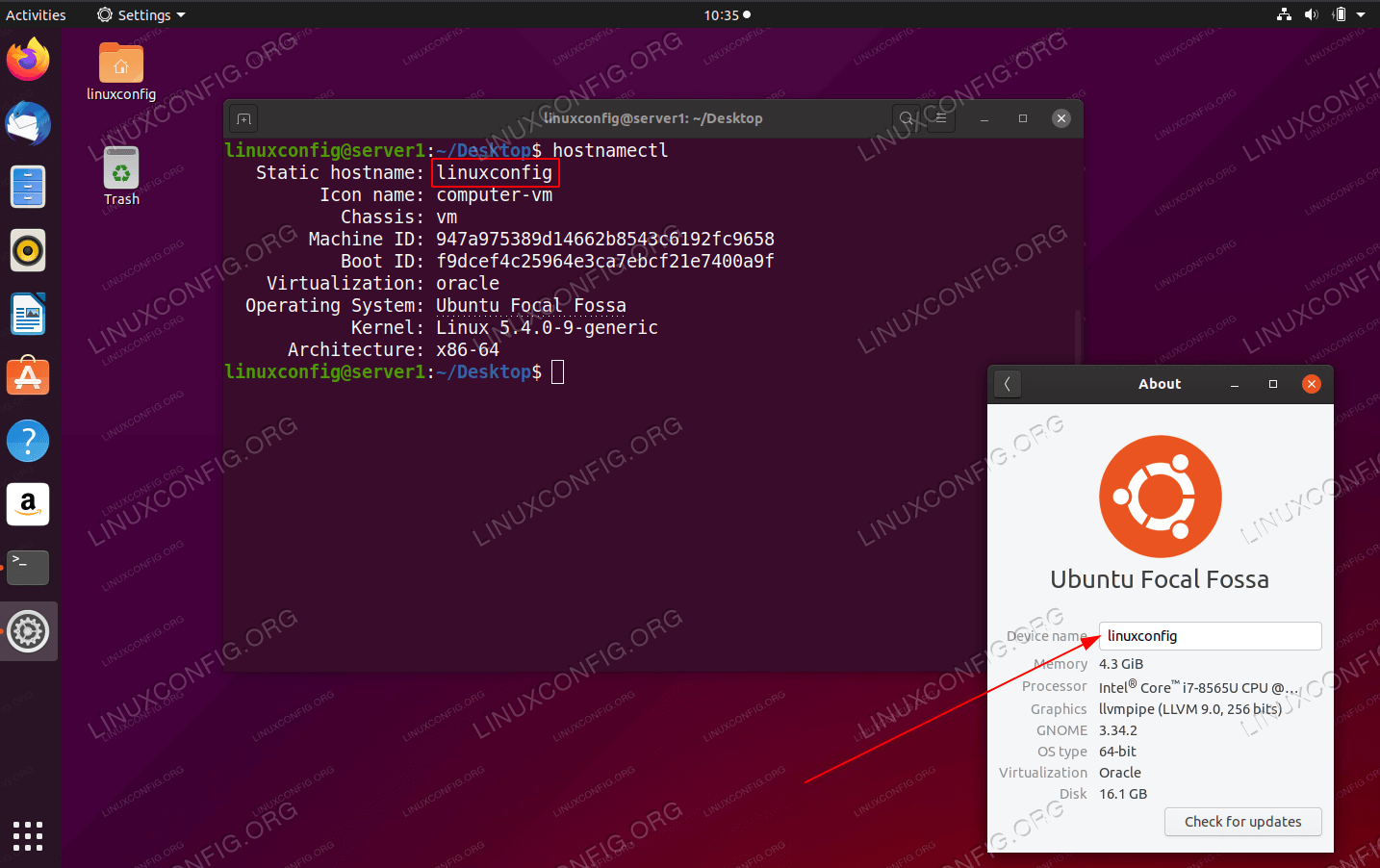

- UBUNTU FILEZILLA SFTP REQUIRES A PASSPHRASE HOW TO
- UBUNTU FILEZILLA SFTP REQUIRES A PASSPHRASE VERIFICATION
- UBUNTU FILEZILLA SFTP REQUIRES A PASSPHRASE CODE
- UBUNTU FILEZILLA SFTP REQUIRES A PASSPHRASE PASSWORD
This challenge is crafted in such a way that only the holder of the private SSH key can decipher it. When logging in to a server using SSH, if that servers has a public key on file, the server creates aĬhallenge.

To revoke access for that person, remove that same line and save the changes. To give someone else access to your server’s user, simply add their public key on a new line in your authorized_keys file, just as you would add your own. Granting Someone Else Access to Your Server If your file contains more than one public key, then the owner of each key listed can log in as that user. A user’s authorized_keys file can store more than one public key, and each public key is listed on its own line. This file is stored inside a directory named.

To set up SSH key authentication for one of your server’s users, add your public key to a new line inside the user’s authorized_keys file. If you would like to log in to more than one user on the server using your key pair, you must add your public key to each of those users. More specifically, you must upload your public key to the home directory of the user you would like to log in as. In order for your Linux server to recognize and accept your key pair, you must upload your public key to your server. To match these keys and validate, you use an algorithm like But when the receiver decrypts this message, they can safely and securely validate that the communication is in fact from you. When you sign a message, you allow others to decrypt the message as well. A signed message is verified by using this public key to decrypt the message.
UBUNTU FILEZILLA SFTP REQUIRES A PASSPHRASE VERIFICATION
UBUNTU FILEZILLA SFTP REQUIRES A PASSPHRASE CODE
Gitlab allow you to place your SSH public key on their servers to streamline the process of pushing code changes to remote repositories.Ī public key and a private key play an important role in enabling secure access. When a site or service asks for your SSH key, they are referring to your SSH public key ( id_rsa.pub). If someone else adds your public key to their server, you will be able to log in to that server. You can freely share your public key with others. The public key is placed on the server you intend to log in to. Noteĭo not share your private key with others.Ī public key, usually named id_rsa.pub.
UBUNTU FILEZILLA SFTP REQUIRES A PASSPHRASE HOW TO
This guide explains how the SSH key login scheme works, how to generate an SSH key, and how to use those keys with a Linode Linux server. For example, you can set up periodic updates for your servers with a configuration management tool likeĪnsible, and you can run those updates without having to be physically present.
UBUNTU FILEZILLA SFTP REQUIRES A PASSPHRASE PASSWORD
If a server that uses SSH keys is compromised by a hacker, no authorization credentials are at risk of being exposed.īecause a password isn’t required at login, you can log into servers from within scripts or automation tools that you need to run unattended. Key-based login is not a major target for brute-force hacking attacks. Using key-based authentication offers a range of benefits: Password authentication is the default method most SSH (Secure Shell) clients use to authenticate with remote servers, but it suffers from potential security vulnerabilities like brute-force login attempts.

Public key authentication with SSH (Secure Shell) is a method in which you generate and store on your computer a pair of cryptographic keys and then configure your server to recognize and accept your keys.


 0 kommentar(er)
0 kommentar(er)
